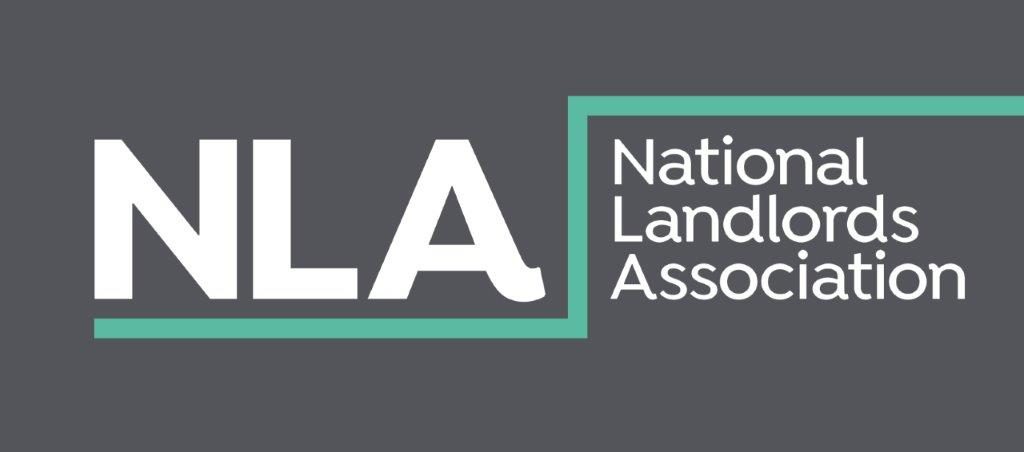
If you’ve got a spare property that you’d like to make some extra money from, you’re in luck. The holiday let business is booming. More and more, people are looking to stay in houses and apartments rather than hotels to save money and enjoy a more authentic stay.
Bristol is a popular destination for weekend breaks and holidays, and you can take advantage of this by renting out your property to tourists. But there are a few things you need to know first – including your responsibilities as a landlord.
Because even though it is a holiday let rather than a longer-term let, you still have legal responsibilities. You are a landlord, even if you are letting your property for just a few days, as specified by HSE.
Here are six responsibilities that you must take seriously when you start to let out your property for short stays.
1. Discrimination
As a landlord of any kind, you cannot discriminate against your tenants on the basis of race, disability, gender or anything else, and you must not harass your tenants.
Most people would never dream of discriminating against their tenants, but there are things to watch out for – such as whether your property is suitable for people with disabilities.
This means you must follow the rules laid out in the Equality Act 2010 and the Disability Discrimination Act 2005. Part of this means showing that you have made reasonable alterations to your property for disabled guests.
2. Gas Safety
Gas safety is one of the most important obligations for any landlord, including when you let your property out as a holiday let. The Gas Safe Register provides general information for landlords, so it is worth taking a look through this.
It also provides a PDF download specifically for short-term lets, which contains essential information about your obligations.
There are three areas that are the most important when it comes to your gas safety responsibilities:
Maintenance
You must maintain your gas appliances, pipes and flues to ensure they are kept in good condition. They should be serviced according to the manufacturer’s instructions. If you don’t have the instructions, get them serviced every 12 months by a Gas Safe registered engineer.
Gas Safety Checks
Again, hire a Gas Safe registered engineer to perform annual checks of all your gas fittings and appliances to ensure they are safe to use.
Record of the Safety Check
In a situation where you are letting your property for long-term lets, the certificate of the safety check must be provided to tenants within 28 days of the check taking place, as well as to new tenants. But if you let it out for less than 28 days, you can display a copy of the Gas Safety Record in your property where it is clearly visible.
3. Electrical Safety
Electrical safety is another important responsibility for any landlord. Any electrical equipment in your property must be safe to use and in good condition. This includes both portable appliances and installed appliances.
You can check the appliances yourself between lettings to make sure they are in good condition. You can also get them serviced, perhaps annually, by an electrician who is NICEIC registered. An electrician can also carry out a portable appliance test (PAT) to make sure portable appliances are safe to use.
See the Electrical Equipment (Safety) Regulations 1994 for the official information. The HSE also has a good electrical safety guide.
4. Fire Safety
Another key area you must consider is fire safety. Your property must be safe for your guests, and if you have upholstered furniture, you must follow the Furniture and Furnishings (Fire) (Safety) Regulations 1988 and ensure all furniture, including beds and mattresses, meets fire resistance standards.
You must also comply with the Regulatory Reform (Fire Safety) Order 2005 (England and Wales). Carry out a fire risk assessment of your property, and keep this on record. If the assessment shows any steps to take, make any improvements required to ensure your property is safe.
The Gov.uk site also has information on gas, electrical and fire safety that you should read through.
5. Other Safety Concerns
There are lots of other areas to keep in mind regarding safety. For example, if your property has a swimming pool, you should ensure it is safe for your guests.
This could mean erecting a fence around the pool and putting up signs about diving and running. You could also provide specific guidelines to your guests when they arrive. The Health and Safety Executive (HSE) has a guide to swimming pools that is worth reading.
If you have a hot tub, make sure you assess this regularly and carry out a risk assessment. You should also get your chimney cleaned out regularly to reduce the risk of fire and carbon monoxide poisoning.
6. Make Sure Your Property Is Fully Equipped
This is not so much a legal responsibility as something that your guests will expect. Most of your guests will be staying for a weekend or a few weeks, and they will want to have everything they need during their stay.
So help make their stay more comfortable – and tempt more guests to choose your property in the first place – by providing them with all the equipment they will need, including a washing machine, dishwasher, bed sheets, towels and more.
Know Your Responsibilities as a Landlord
These are the most important responsibilities you will have as a landlord when you let your property to guests on a short-term basis. It’s also a good idea to get legal advice before letting your property to ensure you are doing everything properly.
Once you are sure of what you have to do in order to meet all of your responsibilities, you’re ready to start letting your Bristol property to guests.











